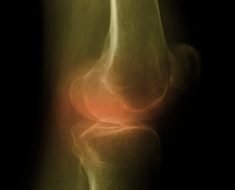New research reveals private equity firms that acquire physician-owned medical practices appear to be imposing measures to squeeze out more profits.
After they were acquired by private equity firms, the clinics saw more patients and billed more for visits among a large, commercially insured population, according to a study published today in JAMA Health Forum by researchers at Oregon Health & Science University and other institutions.
Researchers examined a total of 578 physician practices specializing in dermatology, gastroenterology and ophthalmology that were acquired by private equity firms across the U.S. from 2016 to 2020.
“The reason this is of concern to patients and policymakers is that private equity is often driven by profit margins of 20% or more,” said senior author Jane M. Zhu, M.D., assistant professor of medicine (general internal medicine and geriatrics) in the OHSU School of Medicine. “To do that, they have to generate higher revenues or reduce costs. Increasing private equity in these physician practices may be a symptom of the continuing corporatization of health care.”
It’s not clear whether these practices hurt clinical outcomes for patients. However, the findings raise concerning parallels with the rapid growth of private equity acquisition of nursing homes and hospital systems.
“Private equity investment in nursing homes has been associated with an increase in short-term mortality and changes to staffing,” the authors write, citing previous research.
Source: Read Full Article





